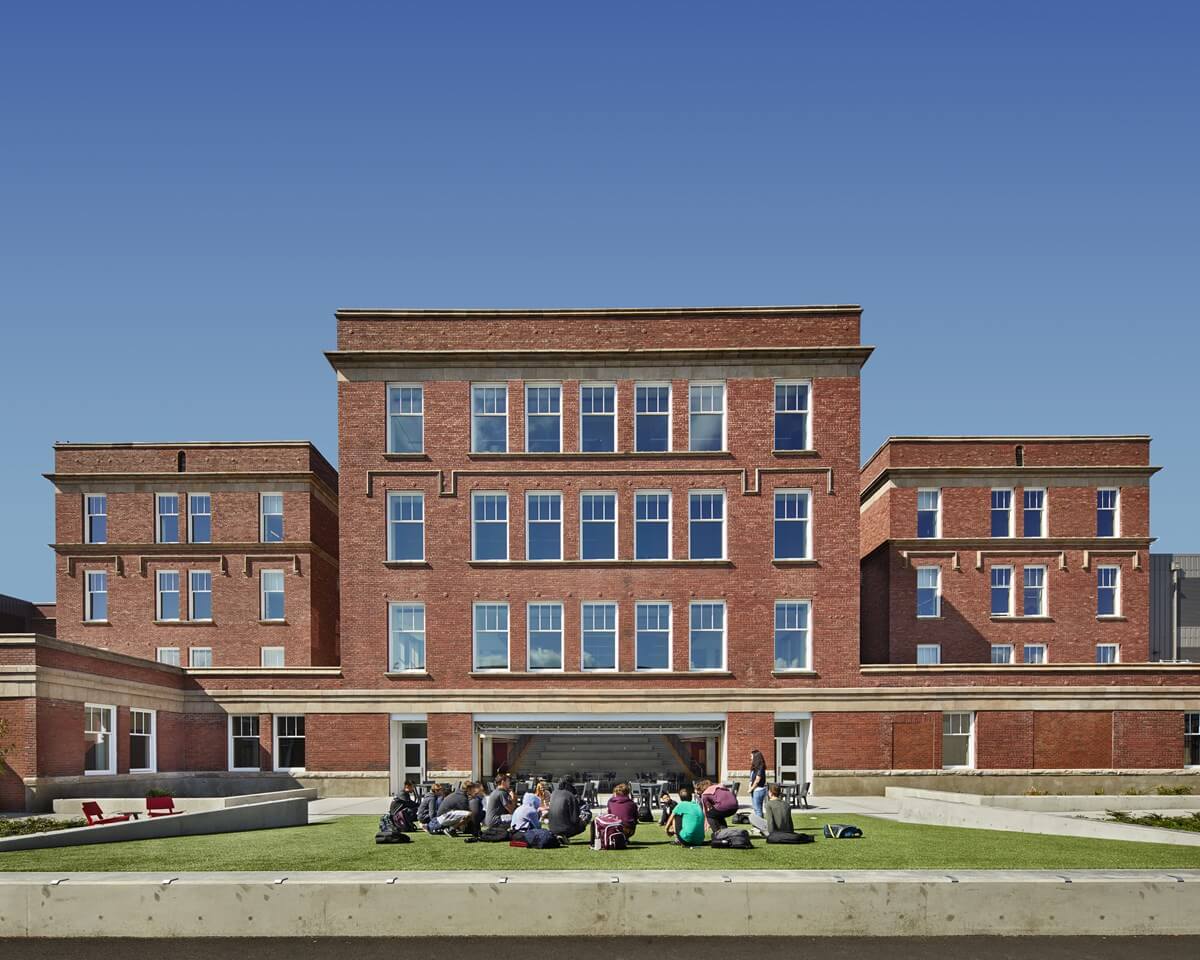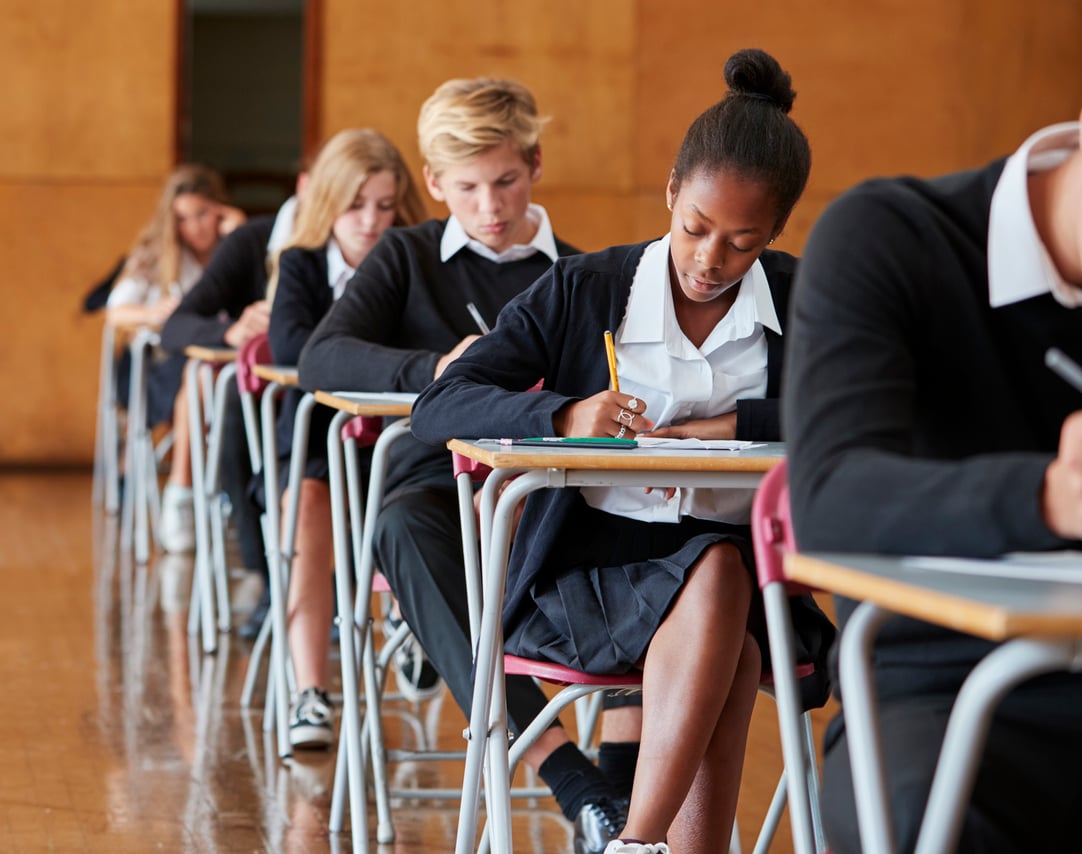The Duty of Moms And Dads and Educators in the Initiative to Save Temecula Schools
The Duty of Moms And Dads and Educators in the Initiative to Save Temecula Schools
Blog Article
Comprehending the Value of Schools in Kid Development and Area Growth
Schools work as critical establishments for kid development and neighborhood growth, supplying settings where academic success are complemented by the cultivation of social abilities and exposure to diverse perspectives. These educational setups not just promote crucial reasoning and reliable interaction however additionally foster compassion with collaborative tasks. Schools' interaction with regional areas via service-learning campaigns strengthens the bond between families and educational organizations. This symbiotic connection highlights the value of colleges in supporting energetic citizenship and long-lasting understanding habits. What are the particular systems by which these organizations achieve such profound impacts?
Academic Achievement
Academic achievement serves as a cornerstone of child growth, supplying the foundation whereupon future learning and success are constructed. Institutions play a critical role in promoting this academic development, providing structured atmospheres where children can get crucial knowledge and cognitive abilities. Standardized curricula ensure that pupils gain efficiency in core subjects such as maths, scientific research, and language arts, which are important for both higher education and learning and specialist possibilities.
Along with imparting basic scholastic skills, colleges likewise cultivate essential thinking, analytic capabilities, and intellectual interest. These cognitive expertises are important for browsing complex real-world situations and adjusting to the ever-evolving needs of the contemporary office. Educators, as facilitators of learning, utilize varied pedagogical approaches to cater to diverse learning styles, thus maximizing private pupil potential.
Furthermore, academic success is carefully connected to self-worth and motivation. Youngsters who experience academic accomplishments are more probable to create a favorable self-concept and a lifelong passion for discovering. Colleges also use numerous resources, such as libraries and technology, which additionally boost the academic experience and prepare students for a technically sophisticated culture.
Social Ability Growth
Beyond scholastic success, the role of colleges in social ability growth is essential. Schools function as a primary venue for children to discover and exercise essential social skills such as participation, conflict, and interaction resolution. In the organized environment of a class, pupils interact with peers, educators, and various other college staff, supplying many opportunities to develop these crucial capabilities.
Reliable social skill development in schools is facilitated via team activities, collaborative projects, and extracurricular programs. These communications assist trainees comprehend social norms, develop empathy, and cultivate a sense of area. For circumstances, team projects instruct trainees just how to collaborate in the direction of an usual objective, listen to different point of views, and browse disagreements constructively.

The farming of social skills during academic year lays a structure for future personal and professional relationships. Save Temecula Schools. As trainees grow, the capacity to efficiently connect and work together becomes progressively important, highlighting the college's essential function in holistic child advancement
Exposure to Diversity
Direct exposure to variety in schools is fundamental to promoting an inclusive frame of mind and expanding trainees' point of views. Schools act as a microcosm of the broader society, and coming across varied societies, languages, and socioeconomic backgrounds within this atmosphere furnishes trainees with necessary abilities for browsing an increasingly globalized world. This direct exposure motivates compassion, lowers bias, and advertises shared regard among peers.
Research shows that pupils that engage with peers from varied histories display better analytical skills and creative thinking. This understanding of diversity prepares trainees for future workplaces that value multicultural proficiency - Save Temecula Schools.

Area Involvement
The benefits of diverse classrooms extend beyond the institution walls, promoting a solid feeling of neighborhood involvement amongst pupils. By connecting with peers from numerous social, socioeconomic, and ethnic histories, pupils gain a broader perspective and a gratitude for diversity. This exposure motivates them to become active citizens who want to contribute favorably to their areas.
Colleges that stress neighborhood interaction commonly integrate service-learning jobs, which enable students to address real-world problems while using scholastic skills. These projects not only boost pupils' understanding of their coursework however also instill a feeling of duty and compassion. Additionally, partnerships between colleges and neighborhood companies offer students with possibilities to take part in neighborhood events, better strengthening their role as proactive area participants.
Additionally, adult and area click here now involvement in colleges enhances the bond in between schools and the areas they offer. They create a collective setting that profits all stakeholders when schools open their doors to neighborhood events, workshops, and volunteer chances. This mutual support system makes sure that students get all natural development, preparing them to end up being all-round people who value and add to their communities. Via these efforts, institutions play a pivotal role in nurturing community interaction and cultivating societal growth.
Lifelong Understanding Practices
Developing lifelong learning routines is necessary for a kid's continual development and versatility in an ever-changing world. Institutions play an essential duty in instilling these behaviors by producing an atmosphere that promotes inquisitiveness, important reasoning, and a love for understanding. With varied educational programs and after-school activities, educators urge trainees to check out various subjects, analyze information seriously, go to this web-site and use their discovering to real-world circumstances.

Furthermore, colleges provide a structured atmosphere where children can develop self-discipline and time administration abilities, both of which are essential for constant understanding. By stressing the importance of setting goals, reviewing progression, and adjusting techniques, universities prepare students to navigate the complexities of adult life, ensuring they remain lifelong learners and contributors to society.
Conclusion
In conclusion, schools are essential in cultivating kid development and community development by offering environments helpful to academic achievement, social ability advancement, and direct exposure to diversity. Inevitably, institutions cultivate long-lasting knowing practices, furnishing individuals with the essential understanding and skills to add positively to culture.
In the structured setting of a classroom, pupils interact with peers, educators, and other college staff, using numerous chances to develop these critical capabilities.
In significance, exposure to diversity within colleges not just enhances specific students however additionally strengthens the social material of the community as a whole.
The advantages of diverse classrooms expand past the school walls, cultivating a solid feeling of community engagement among students.Institutions that like this stress community involvement often integrate service-learning jobs, which permit pupils to address real-world issues while applying scholastic abilities. Collaborations in between institutions and regional companies give students with opportunities to participate in area occasions, further solidifying their role as proactive community members.
Report this page